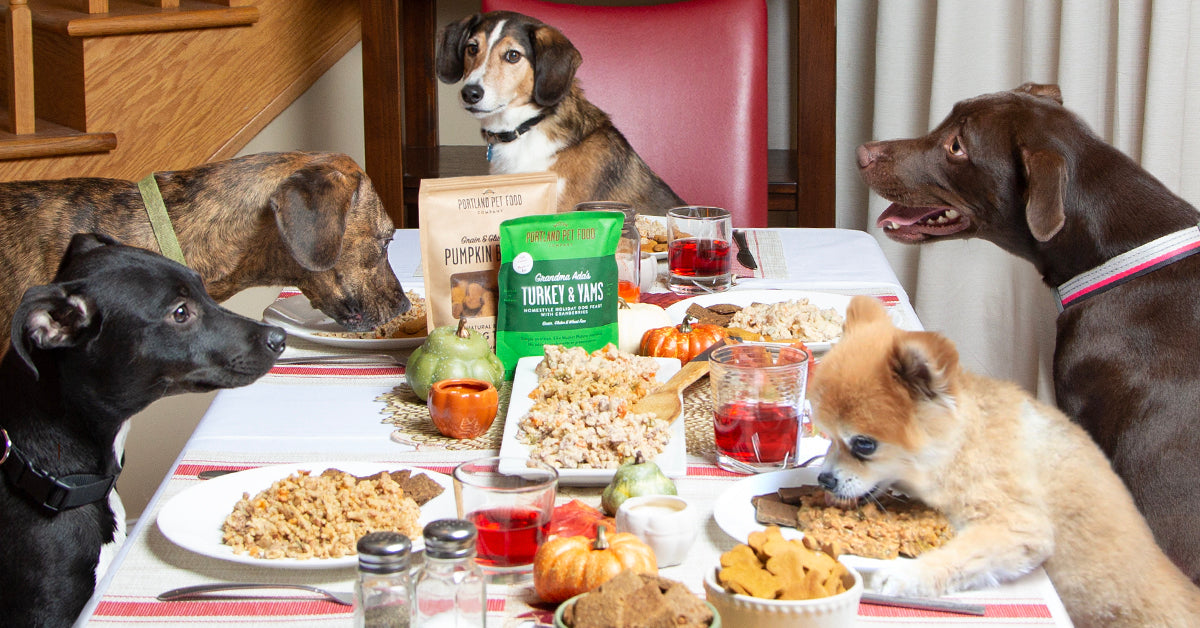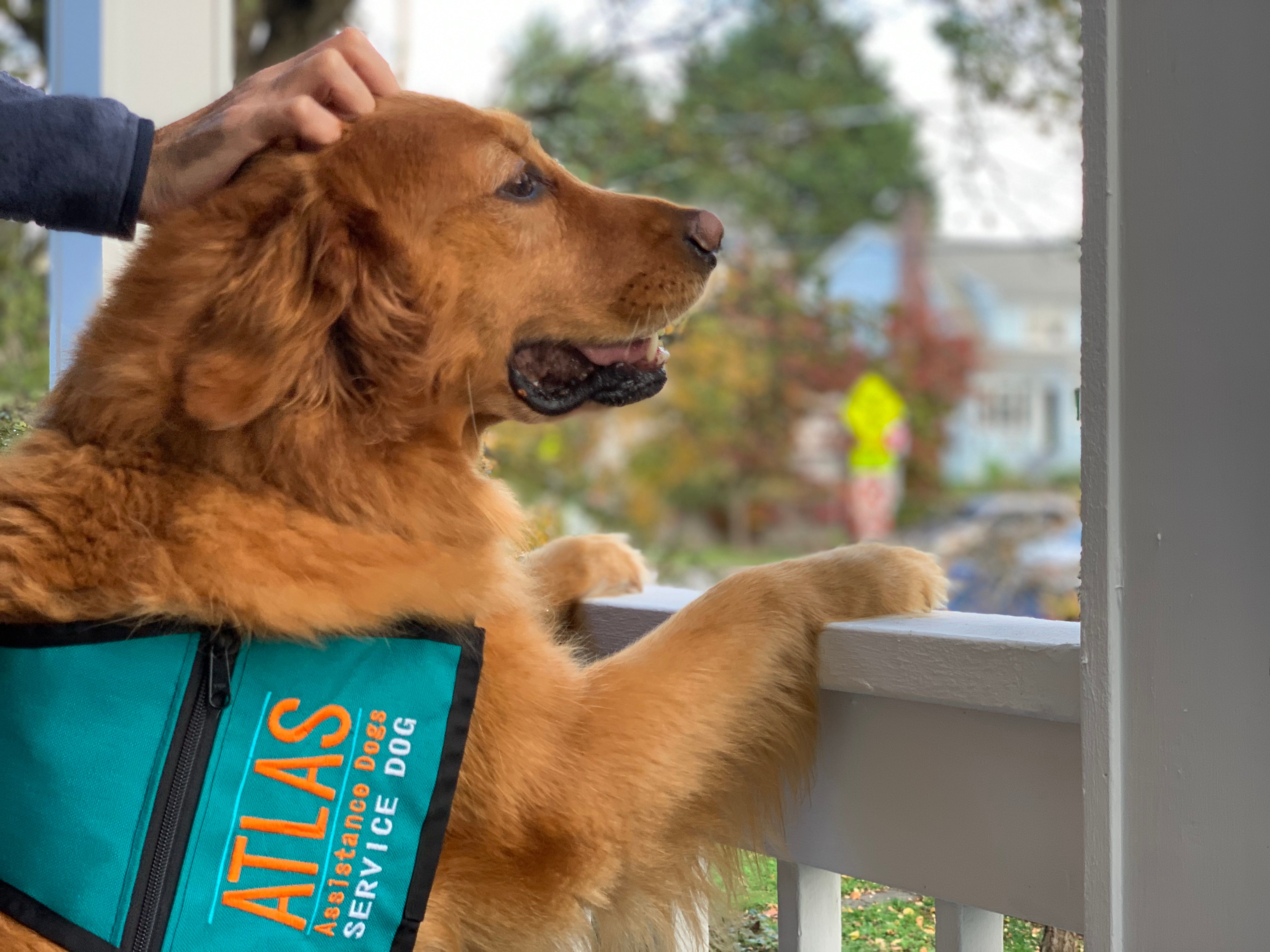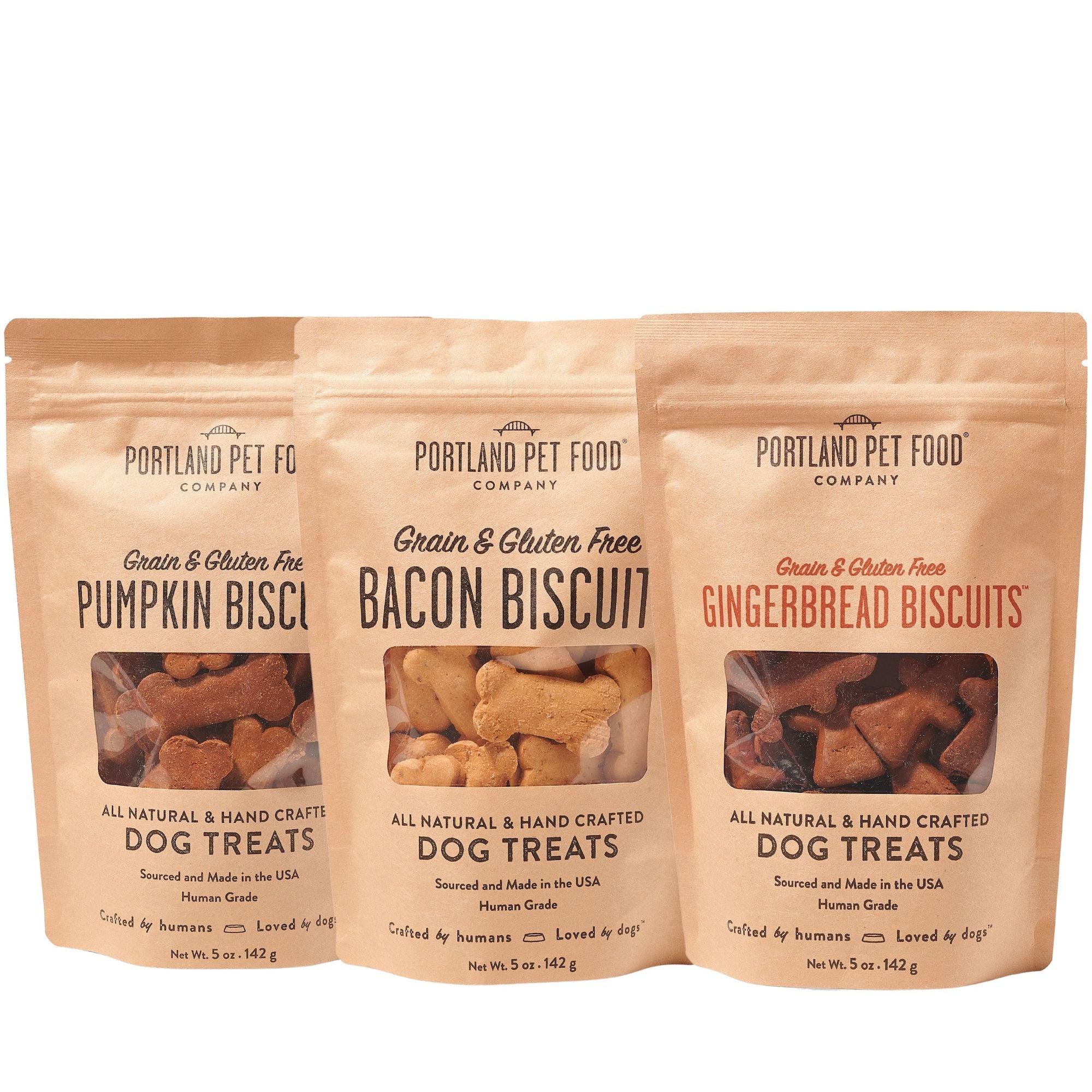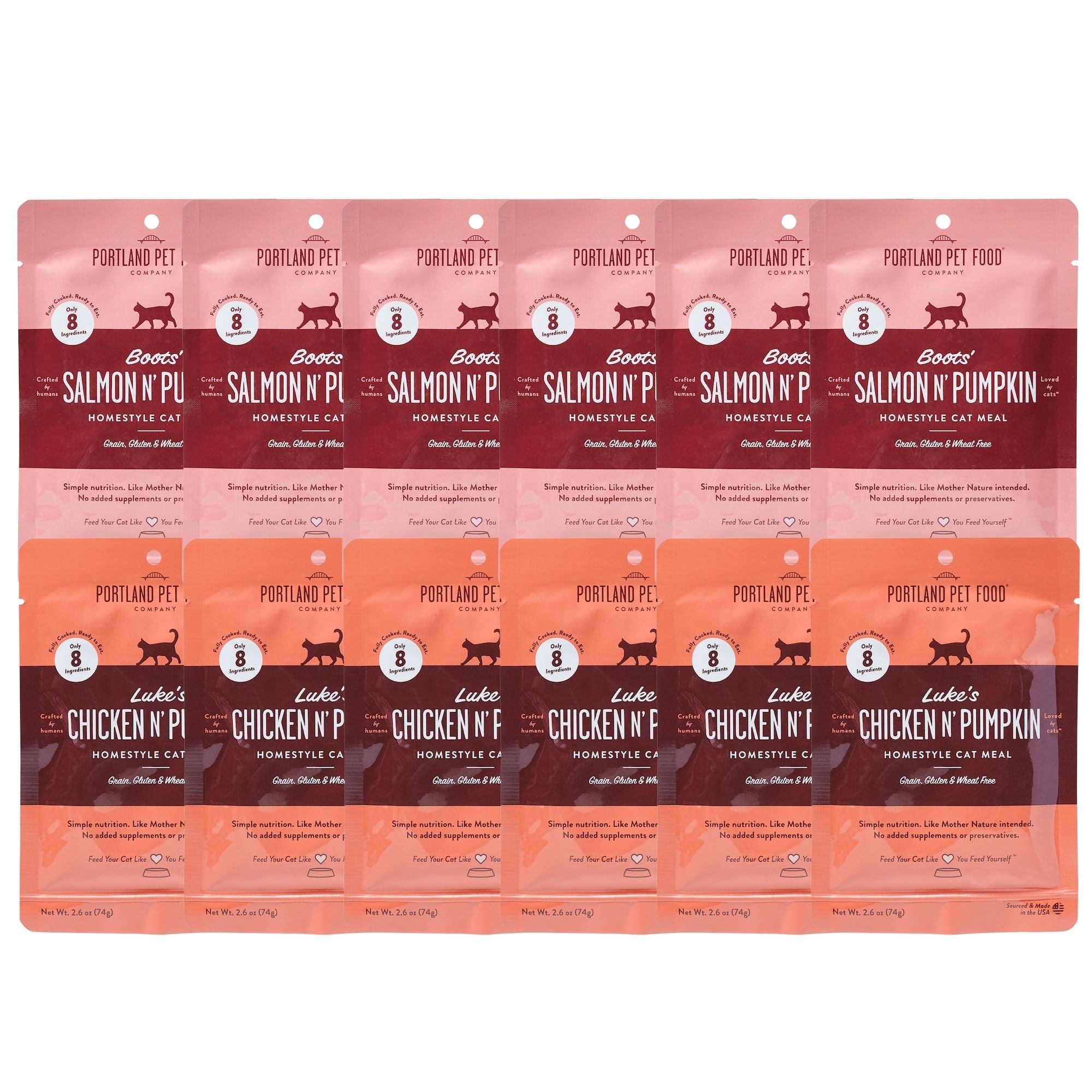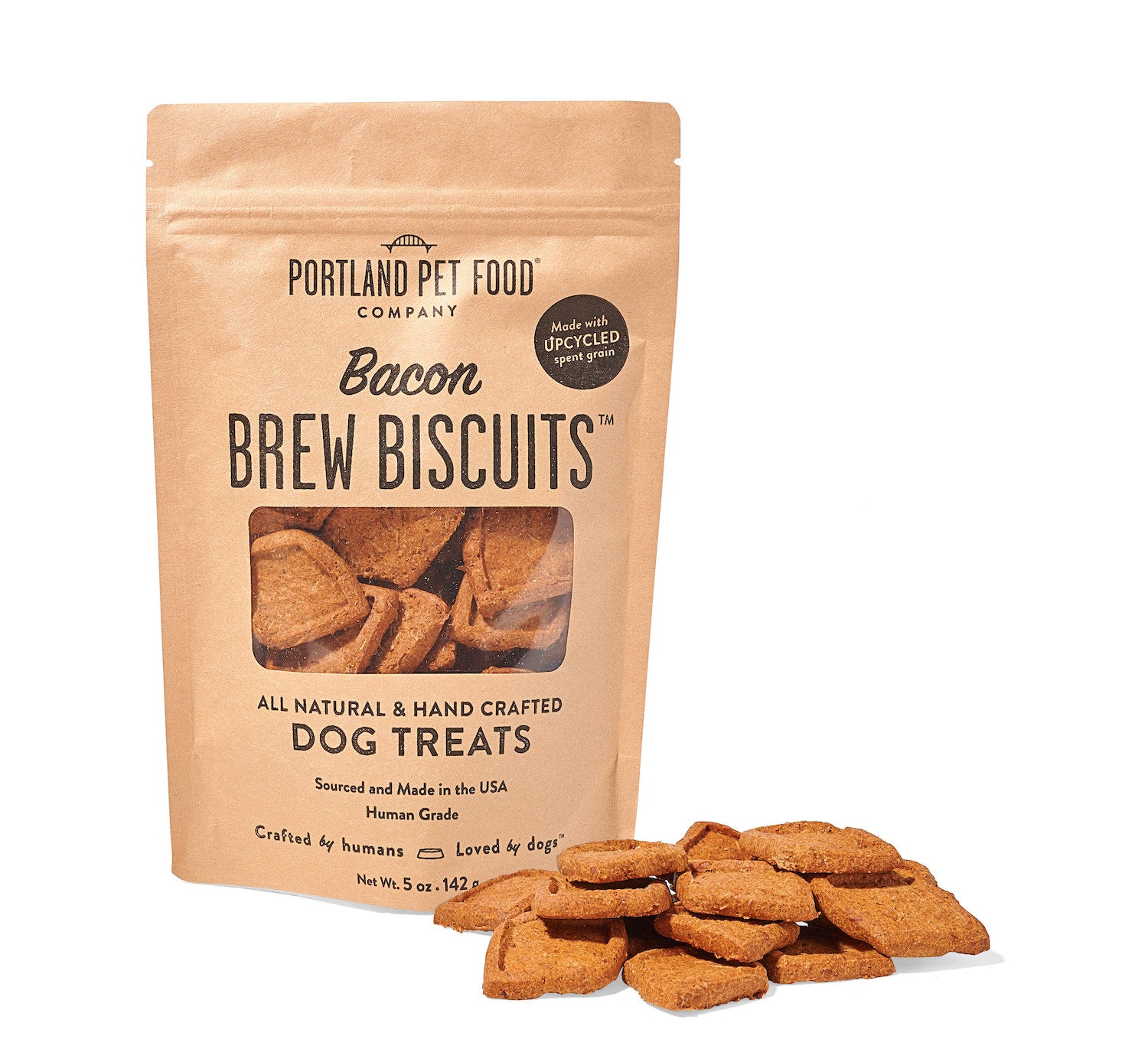
What To Know About Dog Skin Allergies And Diet
Just like humans, dogs can develop allergies to a variety of foods. In many cases, dog allergies are caused by the proteins in certain meats and/or the naturally occurring proteins found in some plants, such as wheat. In people, food allergies often manifest in the form of gastrointestinal (GI) issues, such as vomiting and diarrhea (think shellfish allergy.) In dogs, however, allergy symptoms tend to be skin-related, such as persistent itching, recurrent ear infections, or skin infections.
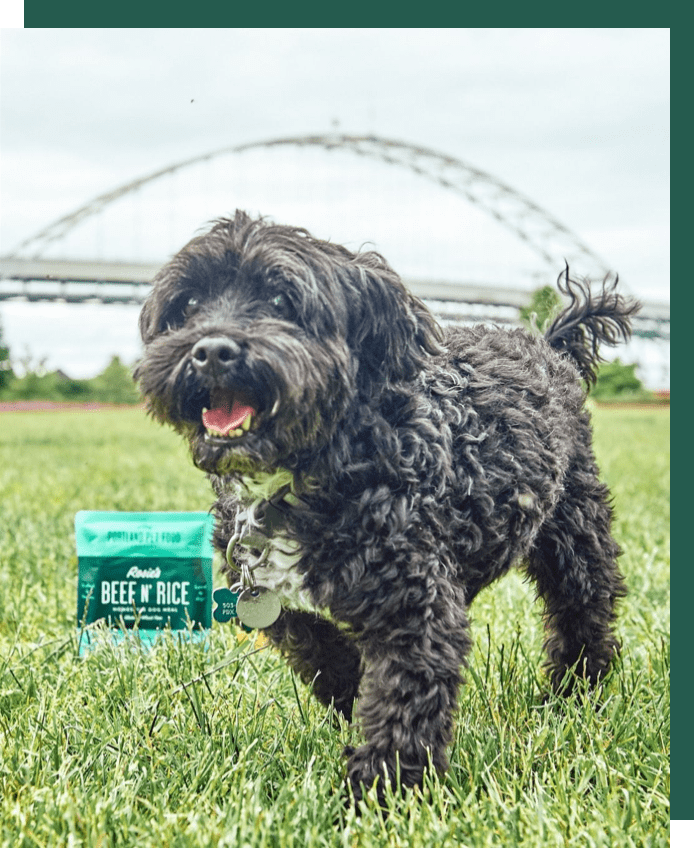
Dogs' Immune Systems & Allergies
How Do Allergies Develop In Dogs?

Chicken-Free, Gluten-Free, & Grain-Free
Many dogs develop an allergy to chicken or chicken by-products, which is why we offer a variety of chicken-free flavors of dog food toppings and treats. We also have gluten-free and grain-free flavors of our dog food toppings and dog biscuits for dogs who are allergic to or have an intolerance for wheat, or for people looking for hypoallergenic dog treats.
If You Think Your Dog Has An Allergy To Food...
Portland Pet Food Company's Fresh, Allergen Friendly Options...
We make all of our dog food toppings and dog treats out of natural, healthy, human-grade ingredients. Take a look at one of our labels, and you’ll see that the ingredient list is short, with no fillers or additives. This can not only give you peace of mind that you’re feeding your dog healthy food, but it can also make it easier to track down the source of an allergy, should one crop up. With other types of commercial dog food, you’re likely to see a long list of additives on the label, which makes it complicated (and time-consuming) to determine what’s causing your dog’s allergy symptoms.

